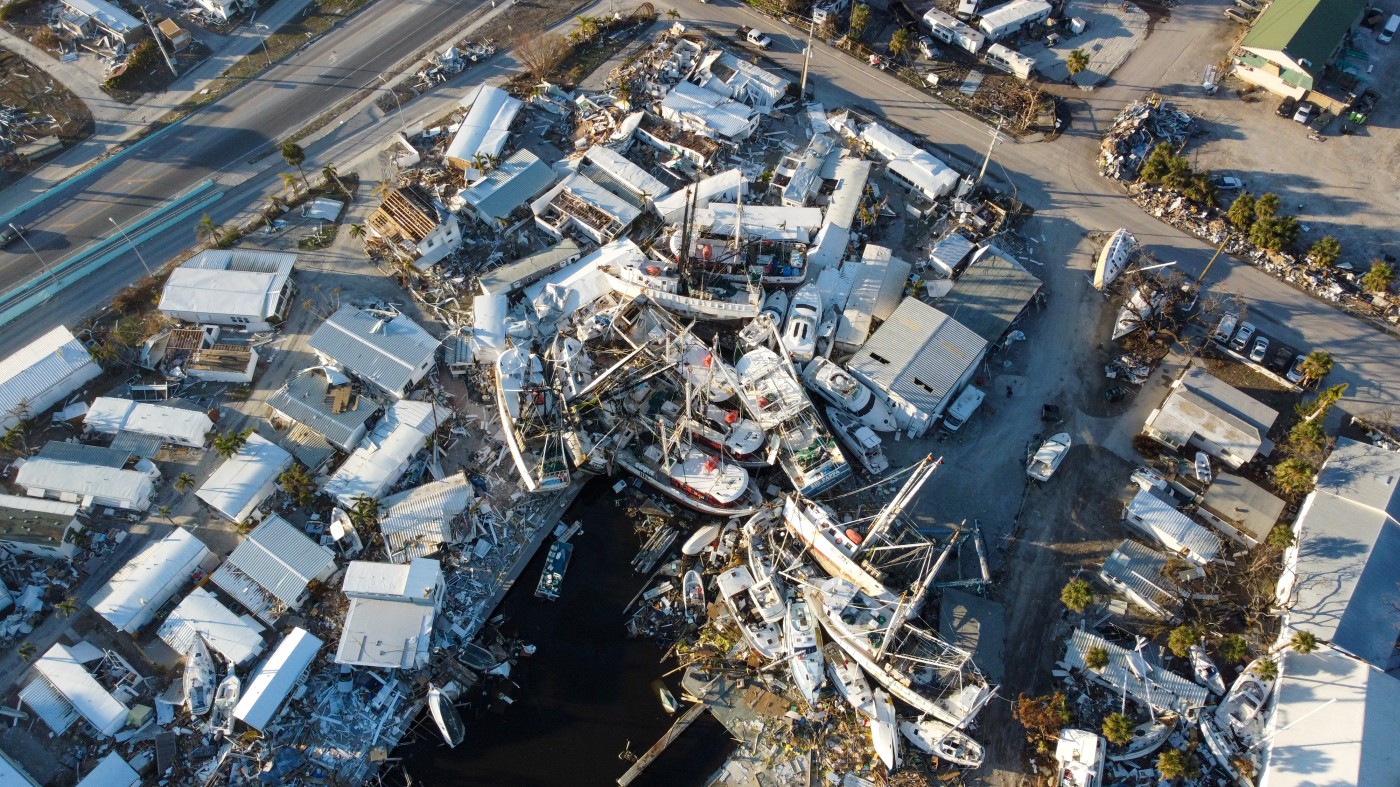
Heavy Rain, Flooding, and Chance of Severe Weather Staring Down the Southern U.S.
January 22, 2024
Posted: September 8, 2023 4:07 pm





The arrival of Hurricane Idalia last week served as a reminder of the grave dangers presented by tropical weather events. However, what many people do not realize is that hurricanes can present a variety of dangers not related to the more commonly known risks of these monster storms. In fact, the days immediately following a hurricane landfall are often the most dangerous. Here are a few of the hidden dangers of tropical weather events.
The water typically continues to rise even after the rain ends. It can take days for waterways such as rivers and streams to crest. This means that you are not necessarily out of the woods just because your area did not experience flooding during the storm’s initial onslaught. Homes that did not take on water or roads that did not flood are not out of the danger zone until the waterways have crested and begun to recede.
The prolonged threat of rising waters is often responsible for a secondary wave of destruction after an area has been hit with a moisture-packed tropical weather event. Flooded roadways are particularly important to be cautious of in the days following the landfall. It only takes as little as six inches of water to cause drivers to lose control of a vehicle.
Hurricane Idalia knocked out power to thousands in a large area stretching from Florida and up into the southeastern U.S. Being left in the dark is more than just an inconvenience. It is not unusual for people to die from carbon monoxide poisoning after a natural disaster as they try to generate power in an effort to stay cool or warm or to cook. This is why it is vital to use generators and other types of gasoline or charcoal devices outdoors and at least 20 feet from windows and vents. A battery-powered carbon monoxide detector is a good investment if you live in an area prone to power outages during these natural disasters.
Power outages can also lead to fires as people lean on candles for light. A flashlight is a much better choice as a lighting source. If candles are all that you have available, be sure to exercise caution and keep the open flame anyway from inflammables. Never leave a burning candle unattended.
Unsafe drinking water and food is another concern in the aftermath of a hurricane, particularly if your area is dealing with power outages. Food that has gone bad or dirty drinking water can cause a host of illnesses. Be sure to pay heed to all local advisories concerning the possibility of contaminated water. Stocking up on plenty of bottled water to use during these times is prudent.
You should also toss out food or bottled drinks that have come into contact with storm waters. These waters could be contaminated with pathogens that may transfer to your food or drink. Lastly, be careful about eating food that may have been left unrefrigerated too long because of power outages. Four hours without refrigeration is a good rule to follow when deciding if a food is too dangerous to consume. When in doubt, throw it out.
Shelters are an invaluable resource for residents who may not be able to remain at home during a tropical weather event. However, it is no surprise to learn that illnesses can spread like wildfire in these tight quarters. Practicing good hygiene is crucial for all of the people sheltering together.
It can also be more difficult to manage and treat chronic conditions if you are staying at a shelter. Keeping a supply of the appropriate medications on hand to grab if you are headed to a shelter is a wise idea if you or a loved one have a pre-existing medical condition. You should also keep electronic copies of your prescriptions with you in the event that you need to refill a medication at a pharmacy that does not have this on file.
It is understandable to want to return home as soon as possible after a natural disaster strikes your community. Do not make this journey until the local authorities have given you the green light to do so. You may return home to find downed power lines, debris strewn about, and flooded roadways. Coming home prepared with safety goggles, a hard hat, boots, and thick gloves can help you to clean up the mess and debris safely.
Standing water in your home can also present a serious danger. Individuals with chronic health conditions should not participate in cleanup efforts. It is typical for drywall or insulation to become contaminated with mildew or mold after a hurricane strike. Do not forget that this standing water can also support mosquito breeding, making it important to use insect repellent.
The dangers of a hurricane strike go far beyond the risks to your physical health. The mental health impacts of a natural disaster can linger for years after the initial strike. Being aware of these feelings of grief and depression and taking the appropriate steps can help you to avoid mental health issues down the road.
This is the time to prioritize self-care. Getting the right amount of sleep each night, nourishing the body with healthy foods, and getting in regular exercise can all help you to deal with the stress and anxiety that often accompanies this difficult time. All of these strategies will assist in coping with these feelings until you get back up on your feet again and life returns to normal.
The aftermath of a tropical storm or hurricane landfall comes with its own set of risks. This is why it is important to remember that these dangers remain present even after the storm has passed.
Did you find this content useful? Feel free to bookmark or to post to your timeline for reference later.

January 21, 2024

January 19, 2024

January 18, 2024